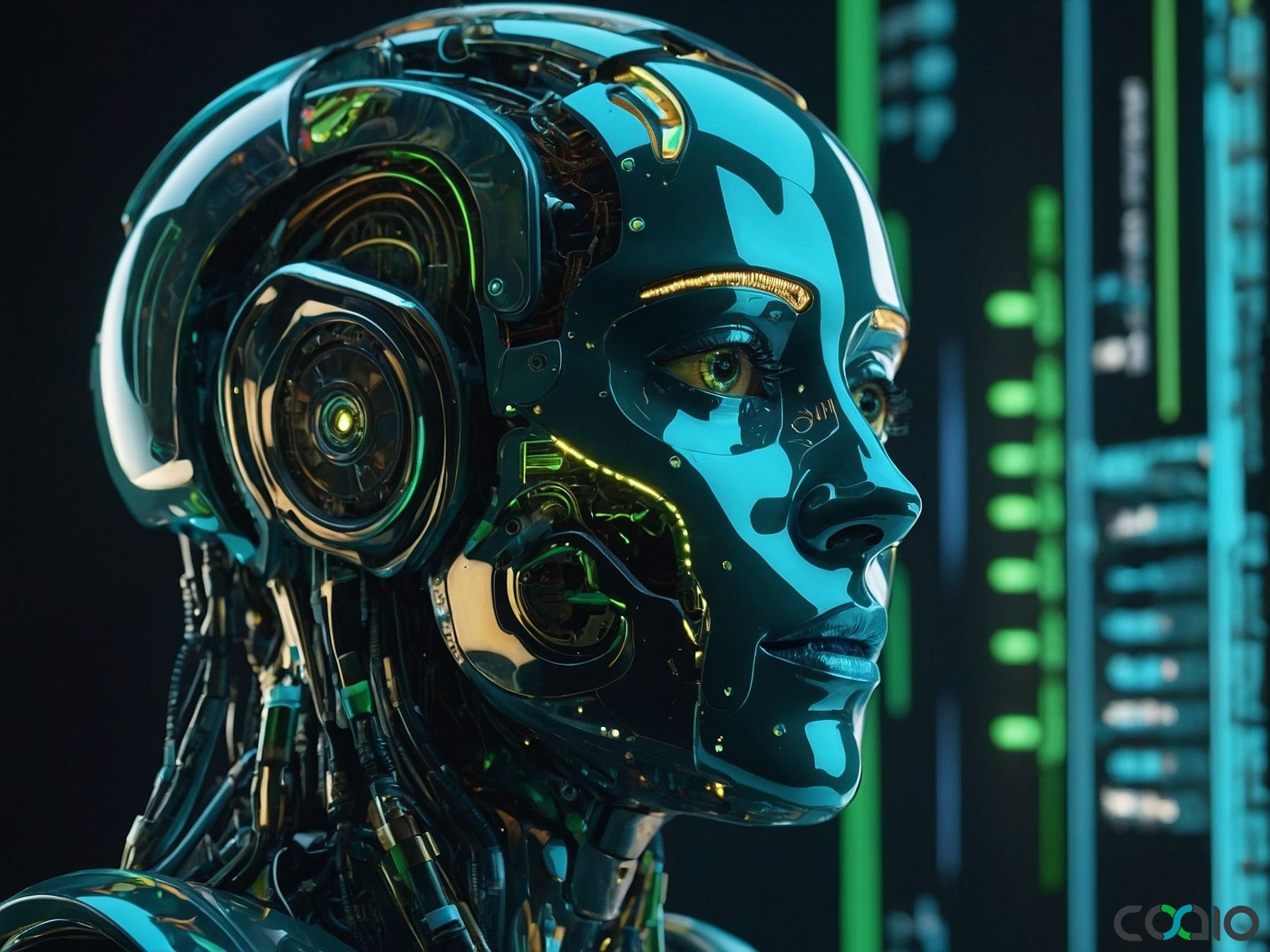
AI-Driven Innovations Reshape Software Development in 2025
As we step into September 2025, the tech world continues to evolve at a breakneck pace, with software development leading the charge. From advanced AI integrations to self-service tools that streamline workflows, recent updates are empowering developers and marketers alike to innovate faster and more efficiently. This article dives into the latest headlines, exploring how these advancements are transforming the industry and what they mean for businesses aiming to stay competitive.
The Rise of AI in Development Tools
Artificial intelligence is no longer just a buzzword—it’s becoming a core component of everyday development workflows. A prime example is Microsoft’s latest update to Visual Studio 2022, released in August, which introduces groundbreaking AI features designed to supercharge coding efficiency. According to reports from SD Times, the update integrates GPT-5 directly into the IDE, allowing developers to generate code snippets, debug errors, and even refactor existing code with minimal manual intervention Read more. This move builds on Microsoft’s ongoing commitment to AI-assisted development, where tools like Copilot have already gained traction.
What makes this update particularly exciting is the addition of MCP (Microsoft Connected Platform) support, which enables seamless authentication with any OAuth provider right from the IDE. This feature simplifies the often tedious process of integrating third-party services, reducing the time spent on setup from hours to mere minutes. For developers working on complex projects, this could mean faster iterations and fewer bottlenecks, ultimately accelerating product launches.
The implications extend beyond individual coders. In an era where speed is king, businesses can leverage these tools to bring ideas to market quicker. For instance, startups dealing with tight deadlines might find that AI-enhanced IDEs like Visual Studio allow them to prototype and test ideas without extensive in-house expertise, highlighting the value of efficient, outsourced development strategies.
Empowering Teams with Self-Service Analytics
Marketing and growth teams are often at the mercy of development schedules, but Amplitude’s recent announcement is changing that dynamic. The product analytics company has rolled out new self-service capabilities that let non-technical users run experiments and analyze data without relying on developers Read more. This update addresses a common pain point: the lag time between ideation and execution in marketing campaigns.
Amplitude’s tools now include intuitive interfaces for setting up A/B tests, tracking user behavior, and measuring conversion rates in real-time. As stated in their release, “Every click and conversion matters, and marketers can’t afford to wait weeks just to test an idea.” This is especially relevant for growth-stage firms where rapid experimentation can make or break market strategies. By democratizing access to analytics, Amplitude is fostering a more collaborative environment, where marketing teams can iterate on campaigns independently.
This shift towards self-service models is a game-changer for software development as a whole. It reduces the burden on development teams, allowing them to focus on core coding tasks rather than ancillary requests. For businesses, this means optimized resource allocation and potentially higher ROI on marketing efforts. In a broader sense, it’s a reminder of how interconnected software development is with other business functions, emphasizing the need for tools that bridge these gaps.
AI Integration in Open-Source Editors
Google’s foray into code editors with the integration of Gemini CLI into Zed is another milestone in AI’s infiltration of development environments. As detailed by SD Times, this update allows Zed users to generate code, refactor scripts, and get instant answers to queries directly within the editor Read more. The open-source nature of Zed makes this integration accessible to a wide audience, from hobbyists to professional developers.
Key features include natural language chatting in the terminal and live code generation, which can help developers troubleshoot issues on the fly. For example, if a developer encounters an error message, Gemini CLI can provide contextual explanations and even suggest fixes, streamlining the debugging process. This is particularly useful in collaborative settings, where teams can use the tool to maintain consistency across projects.
The broader impact of such integrations is profound. As AI tools become more embedded in development workflows, they lower the entry barriers for new developers and enhance productivity for veterans. This evolution could lead to more innovative software solutions, as teams spend less time on routine tasks and more on creative problem-solving.
Regulatory Challenges in Digital Spaces
While the above advancements focus on tools and efficiency, it’s important to consider the regulatory landscape that influences software development. In the UK, new age-check laws have already started affecting online platforms, particularly those in sensitive industries like adult content Read more. Reports indicate that compliant sites are experiencing traffic drops, while non-compliant ones see gains, raising questions about enforcement and user privacy.
This development underscores the need for robust software solutions that can handle compliance without compromising user experience. Developers must now integrate advanced authentication and verification features, which ties back to tools like Microsoft’s MCP support. It’s a reminder that software development isn’t just about innovation—it’s also about navigating legal and ethical challenges.
On a related note, the controversy surrounding Mubi’s funding from Sequoia Capital highlights how external investments can influence tech ethics Read more. Indie filmmaker Jim Jarmusch’s criticism points to broader concerns about venture capital’s role in shaping content platforms. For software developers, this serves as a cautionary tale about the importance of aligning tools and services with user values, potentially influencing future design decisions.
In analyzing these stories, it’s clear that 2025 is a pivotal year for software development. AI is automating mundane tasks, self-service tools are empowering non-technical users, and regulatory pressures are pushing for more secure, ethical designs. These trends not only boost efficiency but also open doors for businesses to scale without overextending their resources. As developers adopt these innovations, they can focus more on strategic growth rather than operational hurdles.
To wrap up this exploration, let’s imagine a world where groundbreaking ideas flourish without the drag of inefficiencies. Picture a landscape where founders, whether tech-savvy or not, can harness cutting-edge tools like AI-integrated IDEs to bring their visions to life swiftly and securely. That’s the essence of innovation at its core—empowering creators to turn concepts into reality with minimal fuss, much like how strategic partnerships can streamline the path from idea to execution.
About Coaio
Coaio Limited is a Hong Kong-based tech firm that specializes in outsourcing software development and building expert teams in Vietnam. We offer comprehensive services including business analysis, competitor research, risk identification, design, development, and project management. By partnering with us, startups and growth-stage companies can access cost-effective, high-quality software solutions with user-friendly designs, allowing you to focus on your core vision while we handle the technical complexities for clients in the US and Hong Kong.
 English
English
 Français
Français
 Español
Español
 廣東話
廣東話
 中文
中文
 日本語
日本語
 한국어
한국어
 العربية
العربية
 Deutsch
Deutsch

